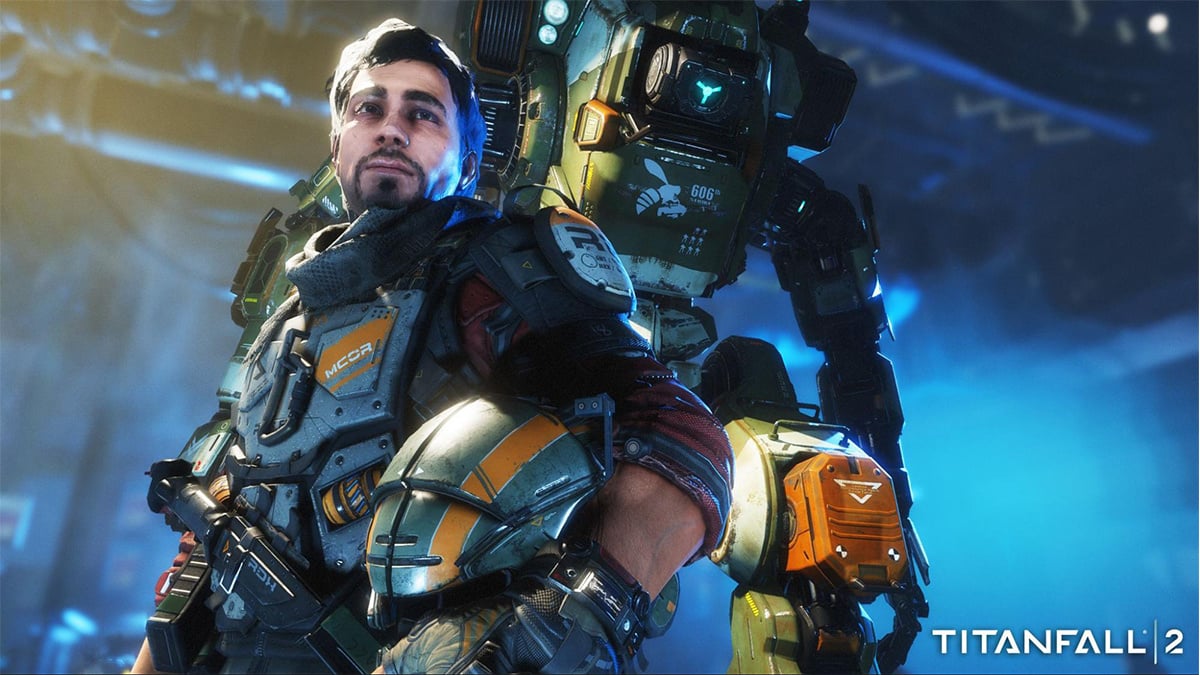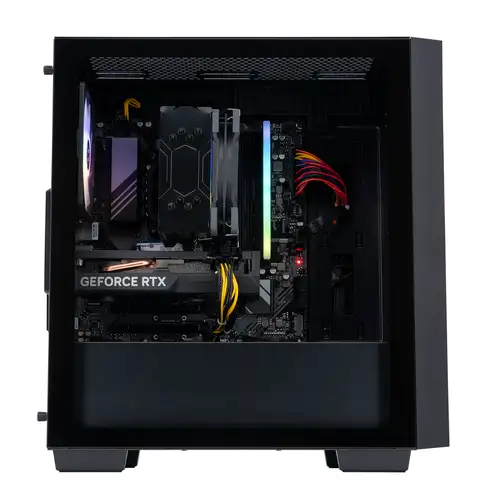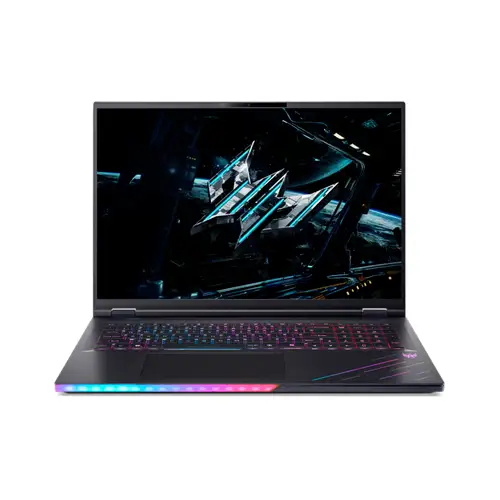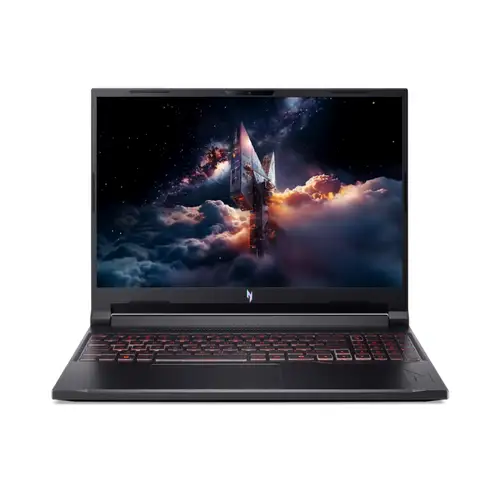EA Games is Going Private! Saudi's Buying out EA Games
Electronic Arts will leave public markets in a $55 billion, all-cash buyout. The buyers are Saudi Arabia’s Public Investment Fund, Silver Lake, and Affinity Partners. They will pay $210 per share if the deal closes after approvals. EA will stay in Redwood City, and Andrew Wilson will remain CEO. The deal is one of the largest take-privates in gaming and tech.
Why this buyout is happening
Stable cash from live-service games. EA earns steady money from EA Sports FC, Madden, Apex Legends, and other online titles. These games sell updates, passes, and content over time. That steady flow supports big upfront financing.
Stronger control of valuable IP. The new owners get franchises that work across console, PC, and mobile. They can license, co-produce, and expand these brands into more products and services.
Strategic push from Saudi Arabia. The Public Investment Fund is building a global footprint in games and esports. Owning EA fits that plan and connects to other gaming assets in its network.
Freedom from quarterly pressure. Private ownership reduces the need to hit short-term targets. EA can delay releases, cut weak projects, and back riskier ideas without public market swings.
Financing at scale. The group is combining large equity checks with committed bank debt. That mix lowers execution risk and helps justify the premium price per share.
Who is buying EA and why
Electronic Arts is being taken private by a three-member group: Saudi Arabia’s Public Investment Fund, U.S.-based Silver Lake, and Affinity Partners. The trio is paying cash for control of EA’s catalog and the steady income that comes from long-running sports and online franchises. The structure gives them room to reorganize the business outside the glare of quarterly earnings.
PIF represents Saudi Arabia and is central to the country’s Vision 2030 push to diversify beyond oil. Its strategy in games is scale, talent, and global IP ownership. EA fits that playbook. Owning the publisher puts Saudi capital behind sports and shooter brands that already sell worldwide, and it opens paths to jobs, training, and future studios in markets the fund is targeting.
Silver Lake is a large American private equity firm focused on technology platforms. Its role is to bring operating discipline, digital growth tactics, and add-on deals where they boost margins or expand reach. Expect attention on live-service pipelines, user retention, and mobile extensions where unit economics are strongest.
Affinity Partners adds flexible growth capital and governance support. In a deal this size, a third partner helps balance risk, fund future projects, and keep the board aligned while management restructures timelines and spending.
The combined motive is straightforward: durable cash flows from evergreen games, more monetization across console, PC, and mobile, and the freedom to shift roadmaps without stock-price whiplash. EA’s brands already engage players for years. Private ownership lets the new backers press that advantage while they prune weaker bets and double down on what scales.
How much is the EA sale and when will it be finalized
The group is offering $210 per share in cash, valuing EA at about $55 billion. Funding mixes roughly $36 billion of equity with $20 billion of committed bank debt. EA remains based in Redwood City with Andrew Wilson as CEO. Target close is Q1 FY27, subject to shareholder and regulatory approvals.
With EA trading at $200 on October 10, 2025, the spread to the offer is about 5% in gross terms if it closes at $210. That potential pickup sits more than a year out given the Q1 FY27 timeline.
What popular games/franchises will the new owners get?
Under the new owners, control will center on EA-owned franchises with large, durable audiences and proven live-service or sequel economics; the core titles includes:
- Apex Legends
- Battlefield
- The Sims
- Need for Speed
- Mass Effect
- Dragon Age
- Titanfall
- Plants vs. Zombies
- Command & Conquer
- Dead Space
Several major series rely on third-party licenses and are not EA-owned IP. The buyers will control these only through EA’s publishing and licensing agreements, not through ownership: Madden NFL (NFL/NFLPA), EA Sports FC’s league and club rights, F1 (Formula One), NHL (NHL/NHLPA), UFC, College Football, and Star Wars Jedi (Disney/Lucasfilm). Continuation depends on contract terms, renewals, and licensor approvals.
What this likely means for EA games
Expect tighter roadmaps, fewer bets, and deeper support for live services that already scale. Sports annuals and shooters should get longer content cycles, more cross-play features, and heavier mobile tie-ins. Single-player flagships will ship less often but with clearer budgets and milestones. Older brands may be remastered or mobile-first if unit economics work.
Operational discipline will rise. Studio headcounts and project lists will be rationalized. Metrics such as retention, ARPU, and content throughput will drive greenlights. Hiring and culture will refocus on delivery speed, technical craft, and cost control. External signaling will matter less than output and quality. The short-term path is consolidation; the medium-term path is selective risk on new IP once debt and pipelines stabilize.
Conclusion
This deal takes EA off the quarterly treadmill and gives the teams room to fix pipelines and ship stronger games. I personally believe this will make EA’s releases better over the next few years. If you’re gearing up for them, Acer’s Predator and Nitro laptops and desktops are the safe bet for smooth play; check them out now!
Recommended Products
Patrick Yu is a Senior Project Manager at Level Interactive and has 8 years of experience writing business, legal, lifestyle, gaming, and technology articles. He is a significant contributor to Acer Corner and is currently based in Taipei, Taiwan.
















